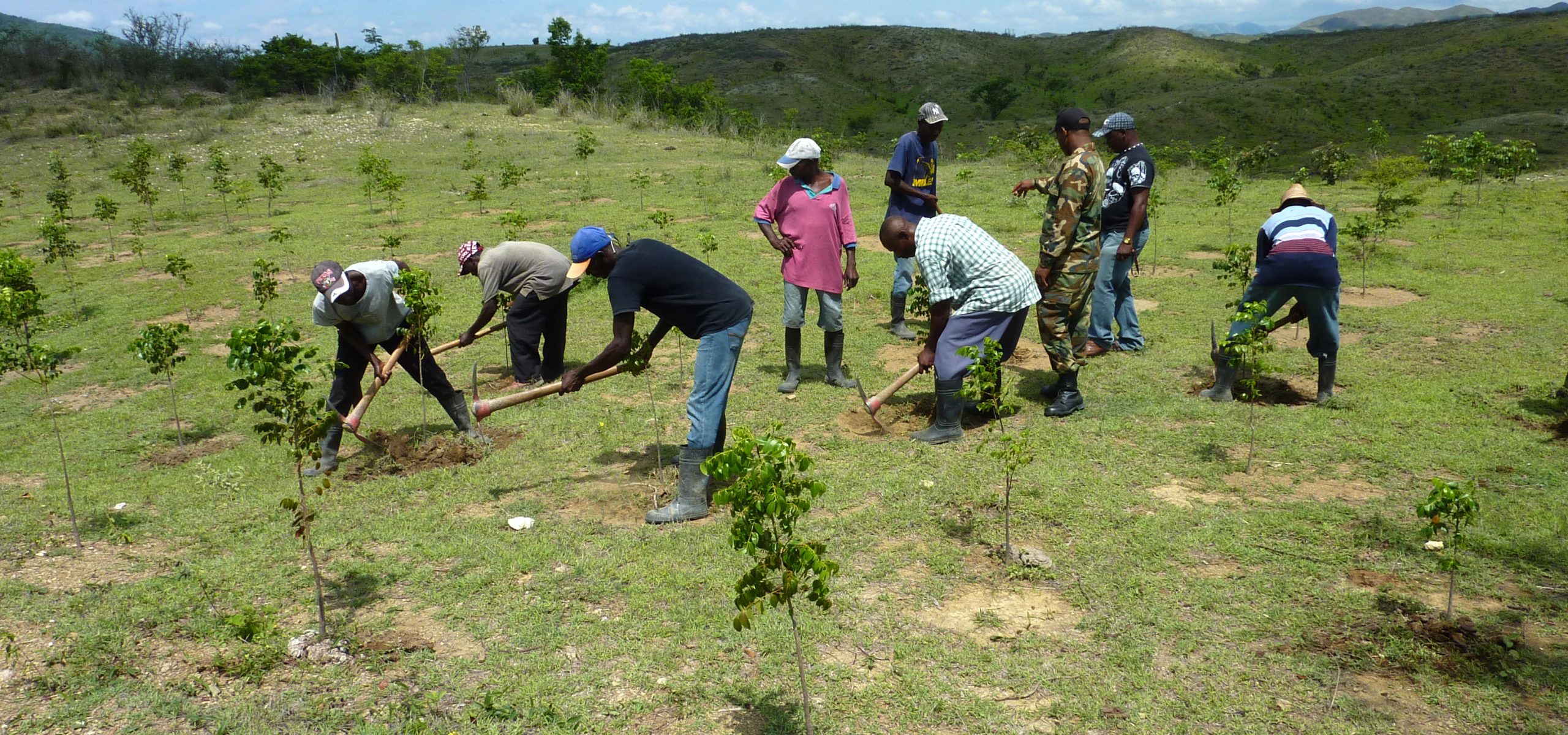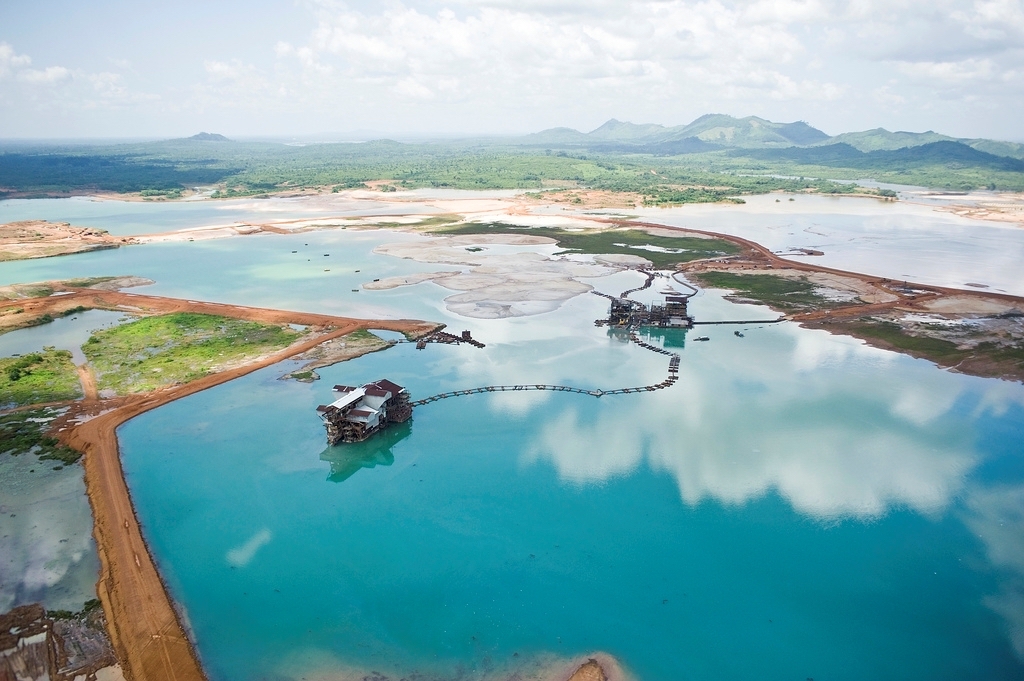Environmental Preparedness Planning
Including environmental considerations in the planning of emergencies preparedness

Including environmental considerations in the planning of emergencies preparedness
Aerial view of the Kingfisher development area near Lake Albert, Uganda Finding substantial reserves of oil and natural gas can offer significant opportunities for the social, economic and political development of any country. However, without adequate environmental management, oil and gas operations can have lasting social and environmental…
The Capacity for Disaster Reduction Initiative (CADRI) is a global partnership composed of 15 UN and non-UN organizations that works towards strengthening countries' capacities to prevent, manage and recover from the impact of disasters.
Coastal Resilience is an approach and online decision support tool to help address the devastating effects of climate change and natural disasters published by the Nature Conservancy.
This publication draws attention to the importance of multilateral cooperation in preparing for and responding to environmental emergencies. It raises awareness of the devastation that environmental emergencies can cause and highlights the strong need to integrate humanitarian and environmental action.
The Awareness and Preparedness for Emergencies at Local Level (APELL) Programme aims to reduce industrial risks at local level, raise awareness and build local capacity to respond to emergencies.
This publication by the International Union for Conservation of Nature (IUCN) outlines the role of ecosystems in the reduction of natural hazard and disaster risk.
Environment in Emergency Response Preparedness outlines the minimum and advanced environmental preparedness actions that can be taken as part of overall Emergency Response Preparedness (ERP), and follows the Inter-Agency Standing Committee guidance on ERP.
The work of the UN's Food and Agriculture organization in partnership with SAFE to provide clean energy in refugee settings.
Guidelines developed by the UN Environment/OCHA Joint Unit to help countries receive and provide international assistance in the event of environmental emergencies.
Chatham House Report for the Moving Energy Initiative.
Guidelines for the development of a national environmental contingency plan provided by UN Environment/OCHA Joint Unit (JEU).
These guidelines were developed with the aim of supporting the full cycle of disaster waste management, from risk reduction and contingency planning through to emergency planning response following a disaster or conflict.
There is an inextricable link between the protection of the environment and the protection of civilians across in the armed conflict-affected areas. This publication explains the breadth and complexity of conflict-linked environmental harm. The case studies presented outline why attention to the environment in relation to armed conflicts is necessary.
Download the two page annex here. Integrating environmental considerations…
This study done by the UN Environment/OCHA Joint Unit identifies areas for improving linkages between environmental emergency response, contingency planning and preparedness and how to best integrate these within the overall disaster risk reduction agenda…
UN Convention on Biodiversity comprehensive guidelines for the design and effective implementation of ecosystem-based approaches to climate change adaptation and disaster risk reduction, including opportunities for the humanitarian sector…
This background paper published by the United Nations Office for Disaster Risk Reduction (UNISDR) highlights the need for integrating disaster risk reduction (DRR) in environmental initiatives and policies. It promotes the synergies between DRR, land use planning, natural resource management and climate change adaptation.
CRiSTAL is a project-planning tool that helps users design activities that support climate adaptation at the community level.
The Joint Emergency Management Plan of International Organizations (Joint Plan) describes the inter-agency framework of preparedness for and response to an actual, potential or perceived nuclear or radiological emergency.
Understanding the current and potential future environmental conditions of a region is essential for an efficient and sustainable response
Risk analysis provides a common understanding and prioritization of risks, and should include existing environmental conditions and threats
Communicating risks effectively to populations and communities is essential for people to be able to be better prepared and to reduce the damaging impacts of hazards.
Policies supported by institutional frameworks and legal arrangements make up the disaster risk management framework. In order to systematically integrate environmental concerns in humanitarian action, one must consider the institutional arrangements governing disaster preparedness, response, recovery and emergency funding.
An understanding of evolving risks is fundamental to a timely and effective response. The analysis of disaster risks informs the planning of a response, while monitoring ensures that the process is responsive to changing contexts




